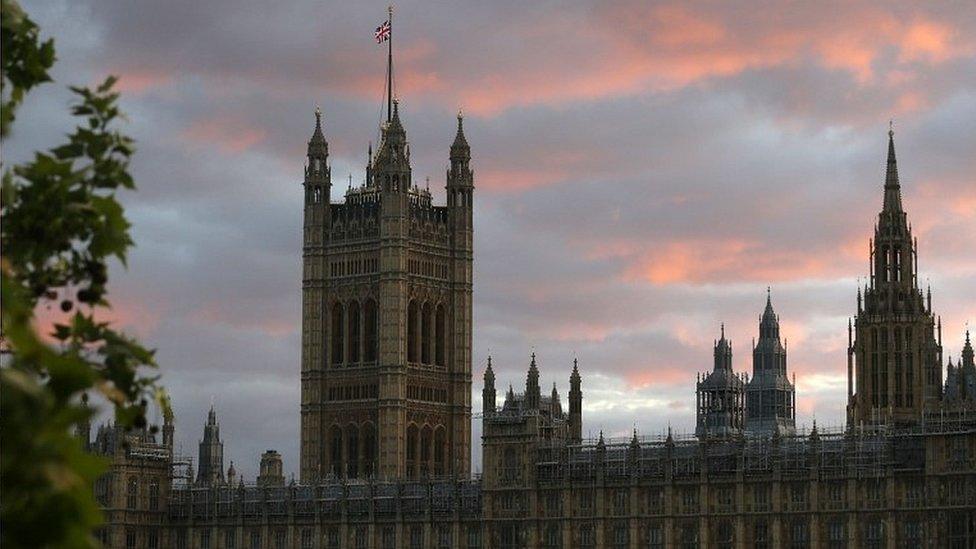PM suggests York as Parliament's temporary home
- Published
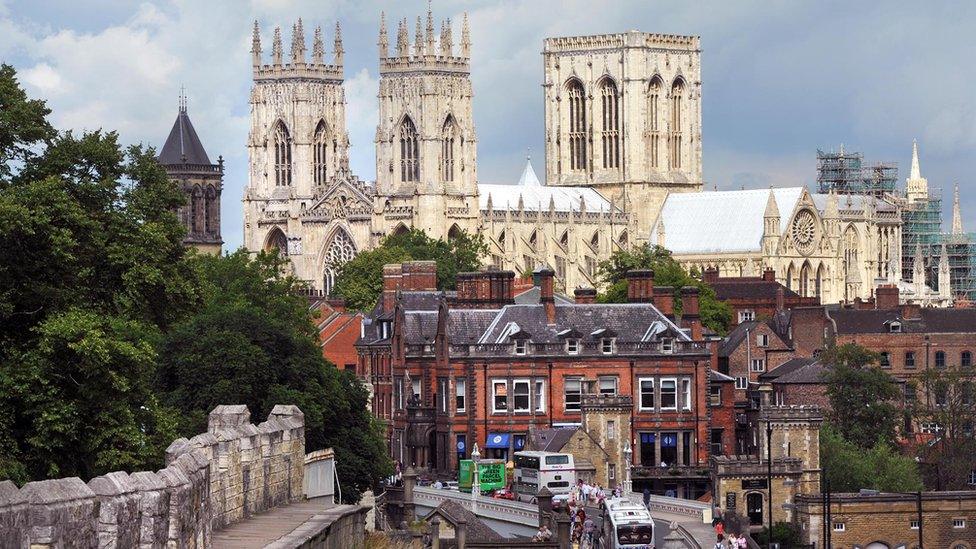
Boris Johnson has suggested Parliament could move to York while the Palace of Westminster undergoes renovation.
In a letter, the prime minister said the government was considering establishing a hub in the northern city and "it would therefore make sense to consider this as a potential location".
Plans to move MPs out of Westminster are being reviewed due to the impact of coronavirus on public finances.
The move, if it happens, is expected to take place around 2025.
Other possible London locations proposed by Mr Johnson in the letter to David Goldstone and Sarah Johnson, who are overseeing the restoration project, include Richmond House, the QEII (Queen Elizabeth II Centre) and City Hall.
Mr Johnson said that the case for both Houses staying in place should also be considered.
In his letter, seen by the BBC, the prime minister said: "We all have a responsibility to protect the Palace of Westminster as a functioning building and as the iconic UNESCO World Heritage site that is the home and symbol of our democracy.
"The current situation is unsustainable given the serious risk of a major fire and the need to upgrade the services throughout the building."

Could a move be on the cards?
Analysis by BBC Parliamentary correspondent Mark D'Arcy
Given earlier proposals from Downing Street, this might be a step towards the Lords staying there in the long term.
Or it might not.
Boris Johnson has a track record of floating eye-catching ideas - a new "Boris Island" London airport in the Thames Estuary, a garden bridge across the Thames. Is this another example?
All the prime minister's letter really says is that every option is up for grabs, if the place doesn't burn down first.

Mr Johnson added that "costs are obviously a major driver" in the review but said other factors including disruption to Parliament's work, the timelines for delivery, heritage benefits and fire safety, should be considered.
"We should also move as quickly as possible, both because of the risks associated with the current state of the building and the need to provide certainty on the way forward and thereby minimise disruption to our business," he added.

Some facts about York
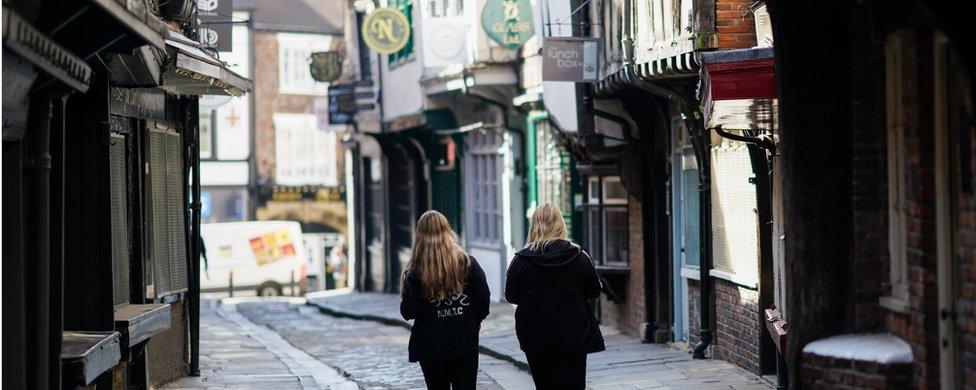
Lying about midway between London and Edinburgh, and forming a major railway junction, its current population is just over 200,000
The Romans occupied the site in 71AD and the Danes took it from the Anglo-Saxons in 867 - its present name deriving from the Danish name Jorvik
Part of the city was demolished after the Norman conquest and York Minster, the city's best-known landmark, was built between the 13th and 15th centuries
The Commons and the Lords met several times in York during the early 14th Century
Remaining staunchly royalist during the English Civil War, the city was besieged by parliamentarian forces in 1644, falling after the Battle of Marston Moor
Sources: Encyclopaedia Britannica, Visit Britain, York Civic Trust

The letter also said that the location of Parliament was a constitutional issue and that the views of parliamentarians would need to be considered carefully.
The review into the project and the potential move to York Central, a brownfield site next to York Station, is expected to report its recommendations in the autumn.
Before Parliament voted in 2018 to approve the renewal works, which would entail decanting the whole building for at least six years, MPs had pushed rival plans that would have seen only a partial vacating required. This would have forced builders to work around the Commons schedule.
'Outer Mongolia'
A recent report by the National Audit Office (NAO) stated that the £4bn cost previously reported for the restoration project was likely to be a "median" figure, with the final outlay expected to be higher.
During a House of Lords discussion on Monday, the Bishop of Birmingham, David Urquhart, suggested that city as a "nearer [to London] alternative" to York.
Independent peer Lord Singh of Wimbledon said York was "seen as something of an outer Mongolia by the general public, who view the House of Lords as an outdated institution".
James Mason, chief executive of the tourism body Welcome to Yorkshire, called the remarks "preposterous".
- Published12 July 2020
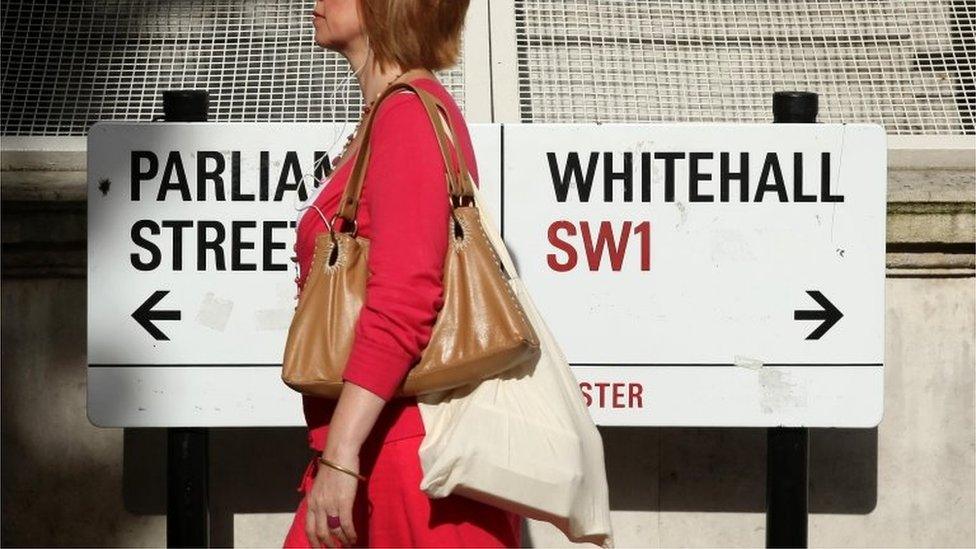
- Published28 June 2020
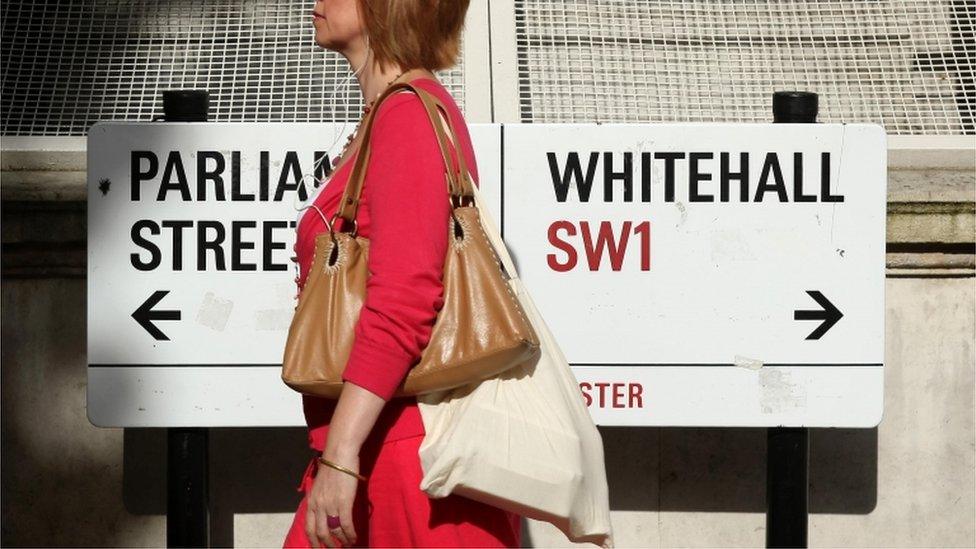
- Published30 June 2020

- Published19 May 2020
